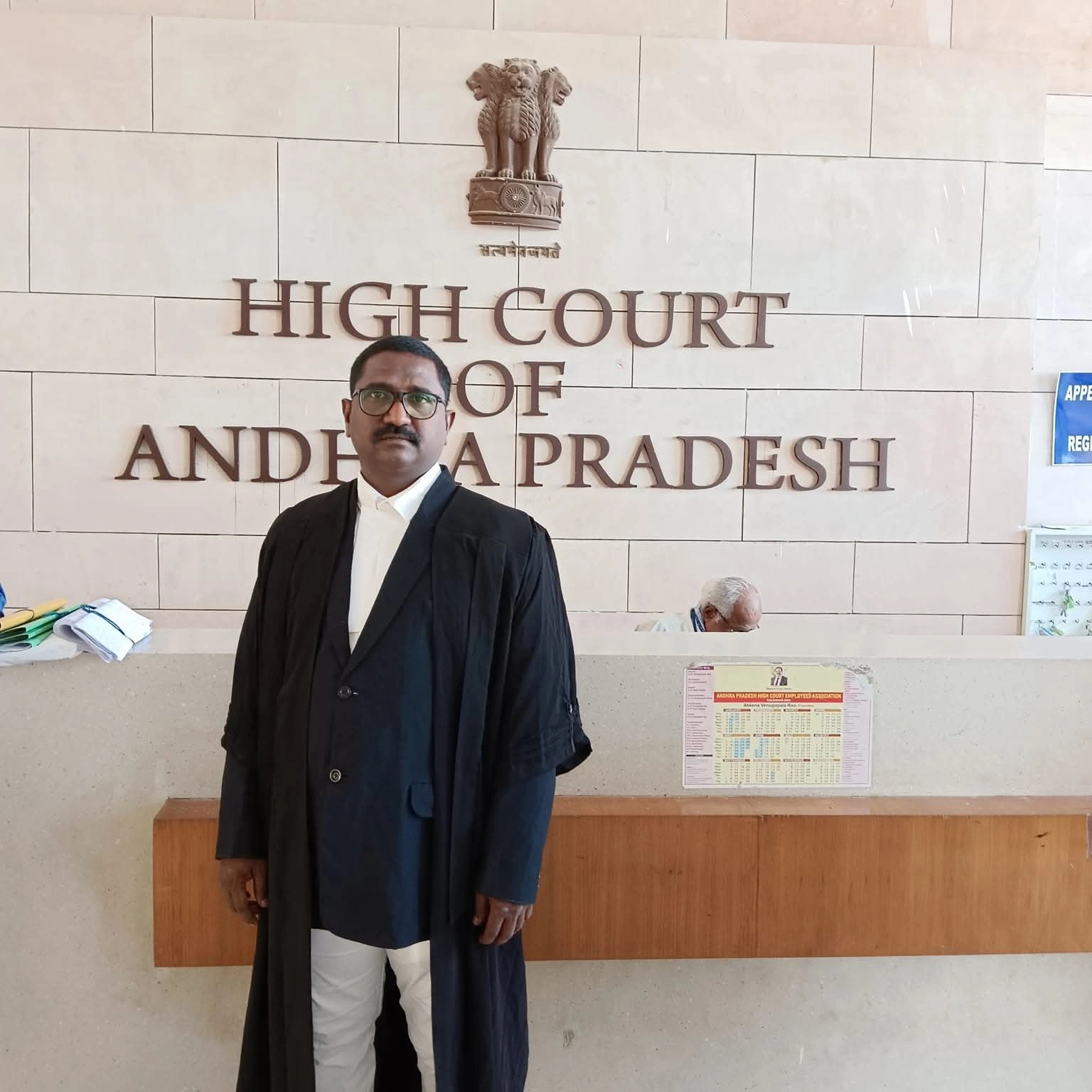Answer By law4u team
Consumers are often drawn to bundled services, such as combining internet, TV, and phone services at a discounted price. However, telecom and service providers sometimes include unexpected fees that are not clearly disclosed, leading to consumer confusion and frustration. Legal protections exist to safeguard against hidden or misleading charges in these types of service agreements. Below are the legal rights and steps you can take to protect yourself from unexpected fees on bundled services.
1. Transparency and Disclosure Requirements
One of the primary legal protections against unexpected fees on bundled services is the requirement for transparency in advertising and billing. Service providers must clearly disclose all charges associated with their bundled services, including any additional fees that may apply.
- Clear and conspicuous disclosure: According to laws in many countries, including the U.S. under the Truth in Billing Act and similar regulations in the EU, providers must give you clear and detailed information about the total cost of the service and any additional charges before you sign up.
- Bundled service breakdown: Providers are also generally required to explain how the costs are broken down. If a service bundle is advertised at a certain price, the provider must clearly state whether there are additional fees for installation, activation, equipment rental, or other charges.
Legal Example: In the U.S., the Truth in Billing Act mandates that telecom providers display all charges in a manner that is easy to understand, preventing misleading or confusing bills. Similarly, in the UK, the Consumer Protection from Unfair Trading Regulations 2008 require businesses to be transparent about pricing and prevent businesses from misleading consumers about total costs.
2. Fair Advertising Laws
Advertising regulations are another layer of protection for consumers facing unexpected fees on bundled services. If a provider advertises a bundle at a specific price, they are legally required to ensure that the advertised price is accurate and that any conditions (such as fees for certain services) are clearly outlined.
- No deceptive practices: Providers cannot engage in misleading advertising, such as advertising a low monthly price and then adding numerous unexpected fees. If they fail to provide clear information about potential additional charges, they may be in violation of consumer protection laws.
- Promotions and discounts: If a promotion or bundle includes discounts, the provider must disclose if the price is only valid for a limited time or if fees increase after an introductory period.
3. Consumer Rights to Clarity in Contracts
When you sign a service contract for bundled services, the terms and conditions should clearly outline the total cost, including any recurring fees, taxes, and other charges.
- Right to cancel or renegotiate: If you sign up for a bundle based on misleading or unclear information about fees, you may have the right to cancel the contract without penalty or to renegotiate the terms. This is especially true if you were misled or if the provider failed to disclose the full cost.
- Cooling-off period: In some jurisdictions, you have a legal right to cancel a contract within a specific cooling-off period (often 14-30 days) without incurring penalties. This can be helpful if you discover unexpected charges shortly after signing up for a bundled service.
Legal Example: In the EU, the Consumer Rights Directive allows consumers to cancel contracts within 14 days of signing, and they should receive a refund if services haven't been fully provided. This period can give consumers time to review any unexpected fees.
4. Misleading and Unfair Commercial Practices
If a provider charges you unexpected fees that were not disclosed or were buried in the fine print, you may be protected by laws against misleading or unfair commercial practices.
- Deceptive business practices: Most countries have laws to protect consumers from deceptive or unfair business practices. If a service provider includes unexpected charges for services that were not clearly disclosed, it could be seen as deceptive conduct under consumer protection laws.
- Examples of unfair practices: These could include:
- Charging for services not requested or agreed upon.
- Changing the price of a service after you've agreed to the bundle.
- Adding hidden fees not mentioned in the initial contract.
Legal Example: In Australia, the Australian Consumer Law (ACL) prohibits businesses from engaging in deceptive conduct and mandates that they clearly disclose all fees associated with the service at the point of sale. Consumers can take action if a provider misrepresents the total cost of bundled services.
5. Steps to Take If You Encounter Unexpected Fees
If you encounter unexpected fees on a bundled service, here are the steps you can take to address the issue:
a. Review Your Contract and Advertising
- Check the fine print: Review your service contract and any advertisements or promotional materials for the bundled service. Make sure the fees you are being charged were disclosed upfront.
- Look for hidden fees: Fees such as activation charges, equipment rental, installation fees, and early termination fees may not always be clearly advertised, but they should be in your contract.
b. Contact the Service Provider
- Request an explanation: Call customer service and ask for an explanation of the unexpected fees. Ask them to break down the charges and refer to any specific terms in the contract that justify the fees.
- Dispute the fees: If the provider fails to provide a reasonable explanation or if you believe the fees were not disclosed, formally dispute the charges with the customer service department. Provide documentation, such as copies of promotional materials, contracts, or emails.
c. File a Complaint with Regulatory Authorities
- If the provider refuses to remove or adjust the unexpected charges, file a complaint with the appropriate regulatory authority or consumer protection agency. For example:
- In the U.S., file a complaint with the Federal Communications Commission (FCC).
- In the UK, file a complaint with Ofcom.
- In Australia, file a complaint with the Australian Competition and Consumer Commission (ACCC) or Telecommunications Industry Ombudsman (TIO).
d. Seek Legal Action (If Necessary)
- Consumer protection laws: If the fees are deemed misleading or unfair, you may be entitled to compensation or the ability to cancel the contract without penalty. In some cases, taking legal action through small claims court may be an option, particularly if you have been financially harmed by the unexpected charges.
- Class action lawsuits: If the unexpected fees affect a large number of consumers, a class action lawsuit may be possible to collectively challenge the provider’s practices.
6. Prevention Tips
- Read the contract carefully: Before committing to a bundled service, always read the contract in full, paying attention to fine print about fees.
- Ask about additional charges: Always ask if there are any additional or hidden fees that may apply to the bundle, such as installation, activation, or equipment rental fees.
- Monitor your bills: Regularly check your bills for any unexpected charges that were not disclosed or that appear inconsistent with the contract terms.
- Negotiate: If you notice hidden fees, don't hesitate to negotiate with the provider for a better deal or request that the fees be waived.
Example:
Imagine you sign up for a bundled service that includes TV, internet, and phone for a low monthly price of $50. However, when you receive your first bill, you notice an additional $20 activation fee and $10 equipment rental fee. You were never informed about these fees at the time of signing up.
- Step 1: You review your contract and find no mention of these fees.
- Step 2: You contact the provider’s customer service, who explains that the activation and equipment rental fees are part of the terms of the bundle, but they were buried in the fine print.
- Step 3: You file a complaint with the Federal Communications Commission (FCC), stating that the provider failed to disclose the full costs upfront.
Result: The provider may be required to adjust the bill, refund the fees, or modify their advertising and contract practices.
In Summary:
You are legally protected from unexpected fees on bundled services through consumer protection laws, transparency requirements, and fair advertising standards. If you are charged hidden or misleading fees, you should review your contract, contact customer service, file a complaint with regulatory authorities, and seek legal action if necessary. Always ensure that fees are fully disclosed before signing up for bundled services to avoid surprises on your bills.







